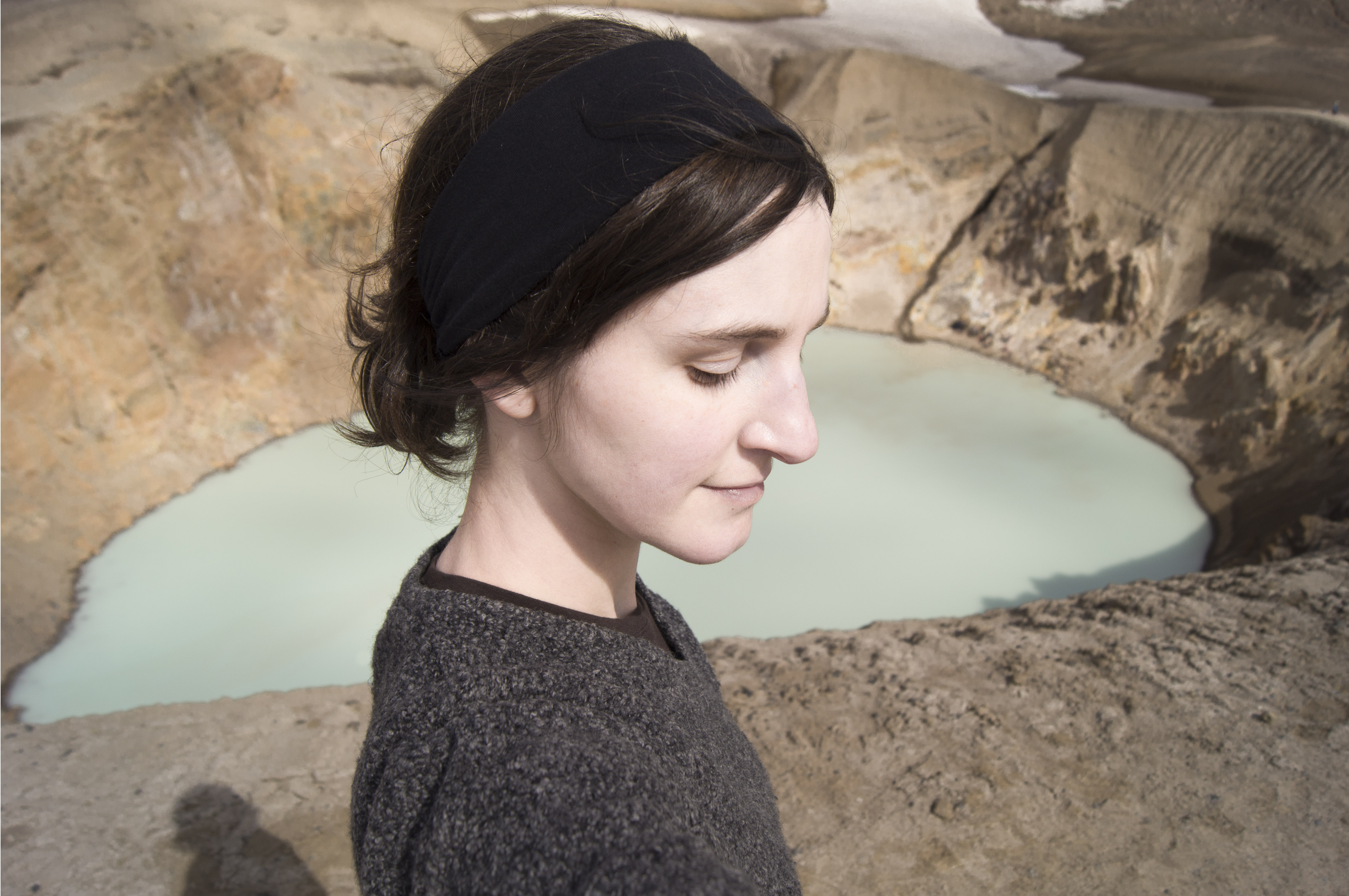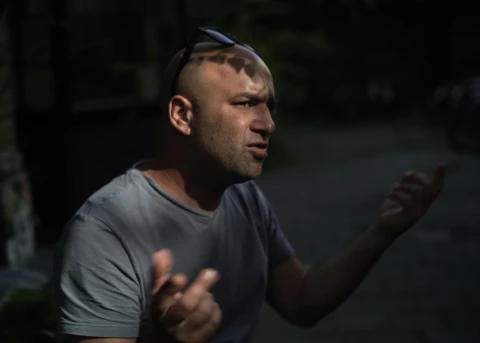In collaboration with the Open Society Foundations, the Prince Claus Fund presents "Art for Climate Justice — Reimagining Sustainable Futures", a week of exchanges, connections, and inspirations culminating in a public event that explores alternative solutions for the climate crisis rooted in artistic practices and ancestral knowledge.

Cover: Courtesy of Misha Vallejo
Open Society Foundation's Soros Arts Fellows and Prince Claus Fund CAREC Fellows will meet with a variety of local changemakers and organisations in Belém do Pará, Brazil between 16-21 September, aiming to foster South-to-South connections, exchange methodologies and experiences on articulating non-hegemonic forms of knowledge to envision models of climate justice locally and globally.
It is no coincidence that the event takes place a year prior to the 2025 United Nations Climate Change Conference in Belém do Pará, one of the main cities of the Amazon region in Brazil. The programme aims to connect the different practices and realities, focusing on topics such as land rights, models of social and economic development and its socio-environmental impact as well as environmental racism and greenwashing.
20-21 September
Public programme
16-19 September
Closed programme
As part of "Art for Climate Justice", the Fund's CAREC Fellows and Soros Arts Fellows will come together for three immersive days of cultural visits, workshops, and events aimed at promoting connections between the participants and the local artistic and activist landscape.
On its first day, the programme features a visit to Museu Paraense Emílio Goeldi, and the session "Amazônia, sacred territory, ancestral culture”, during which Roberta Tavares, BorBlue, and Marlúcia Bonifácio Martins, will share their perspectives on the city within its socio-cultural and political context.

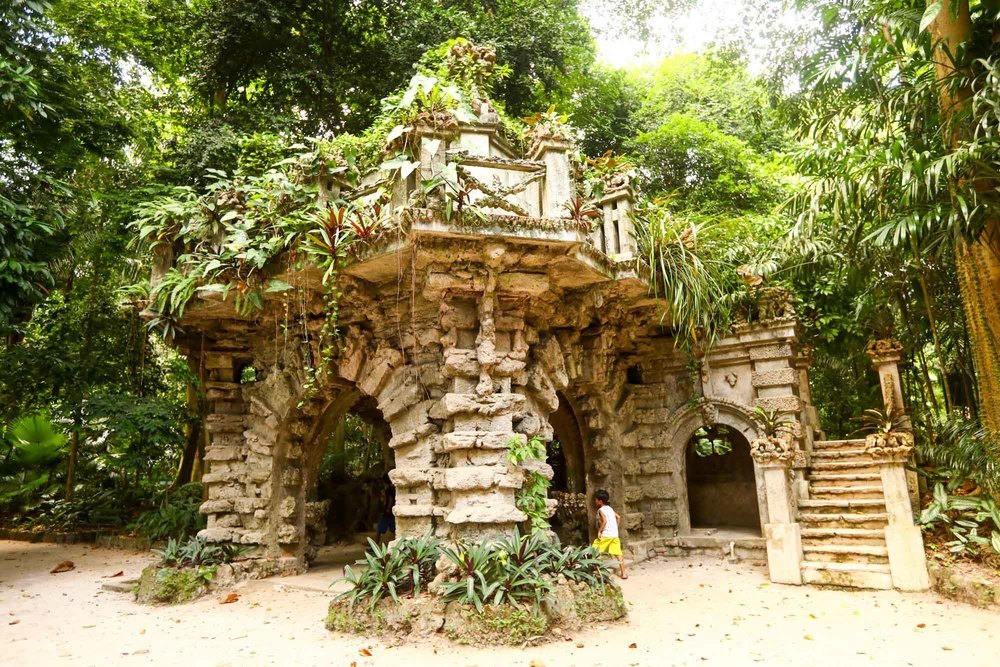
After exploring the diverse perspectives of Belém and its communities, we will spend the second day in Icoaraci, as part of the traditional ceramic workshop Família Sant'ana, and we'll visit the oldest Carimbó house, Coisas de Negro, together with Mestre Nego Ray, a prominent figure in the Pará carimbó culture. Afterwards, we will head to Flexeira Beach, where we will meet with carimbó masters and musicians at the Latino Paraense Inn, such as Master Nazaré do Ó & Masters Jaci, Thomaz Cruz, Lourival Igarapé, Ney Lima pela Paz, Dimmi Paixão, Priscila Cobra, Yuri Moreno, Lis Ferreira, Anne Almeida, Isaac Santos.
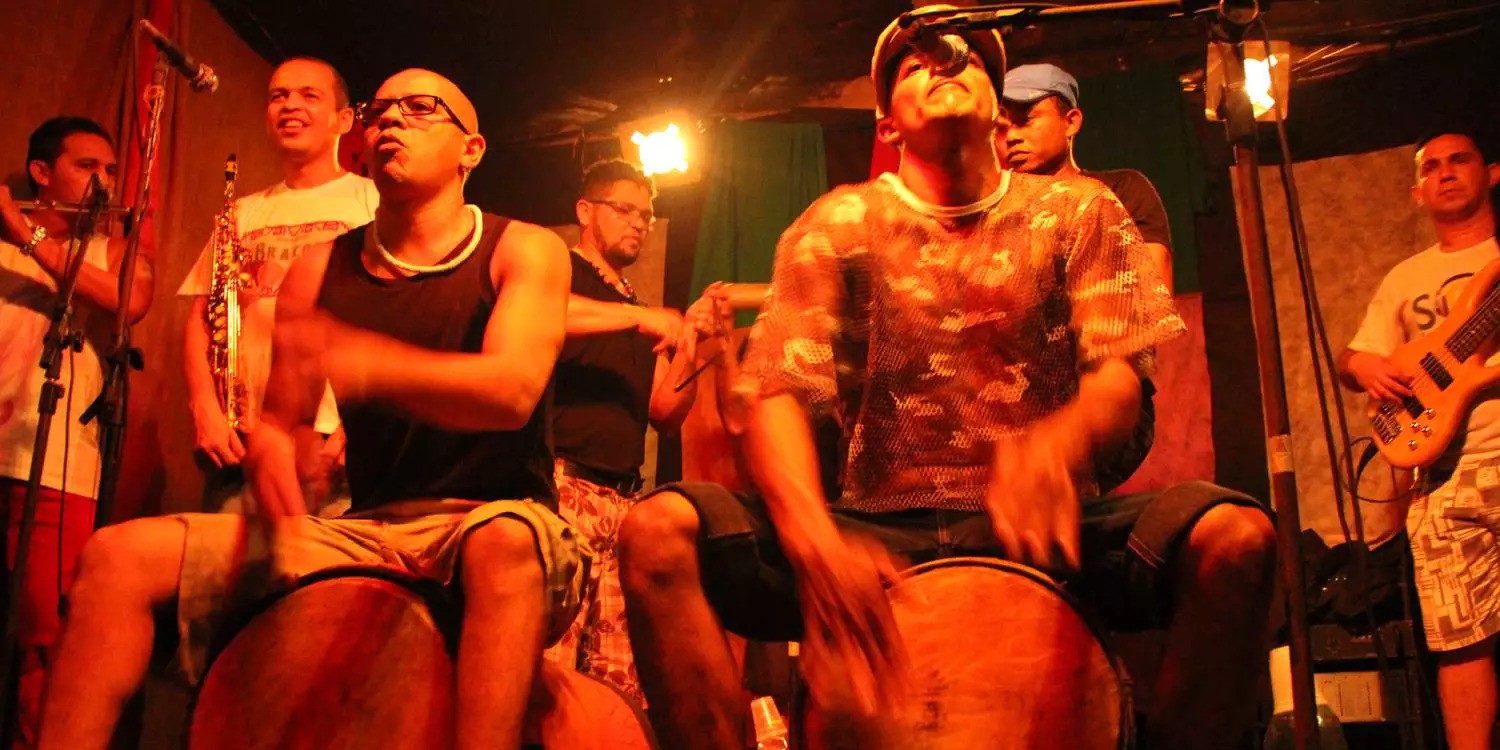
The third day will feature a visit to Mirante da Pedra Branca, where we'll spend the afternoon with Mãe Márcia de Xangô, a renowned community leader who will share her work in Afro-Brazilian religion and cultural initiatives. Later, we'll return to Belém and visit Mercado Ver-o-Peso, the largest open-air market in Latin America.
Meet the curatorial team
The event is curated by three international and local artists and activists aiming to create space for exchanges and respond to the needs on the ground.
Through my life I've learned that the impossible is as relative as the time passing. So our future is also relative. Reimagining these futures together is a beautiful invitation to think, with sensitivity and responsibility, about the ideas shaped by our creativity, strengths and experiences. There has been much speculation about what our future could look like. But it is certain that we can transform the impossible into the ideas of possible future.
— Priscila Cobra
Featuring local and international artists
CAREC

2021—Ongoing
Cultural & Artistic Responses to the Environmental Crisis (CAREC) accelerates engaged community-based art practices that address climate justice and the connection between the climate crisis and social, racial, and environmental issues.











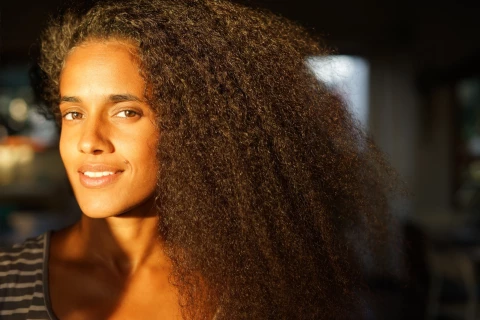
.jpeg)


